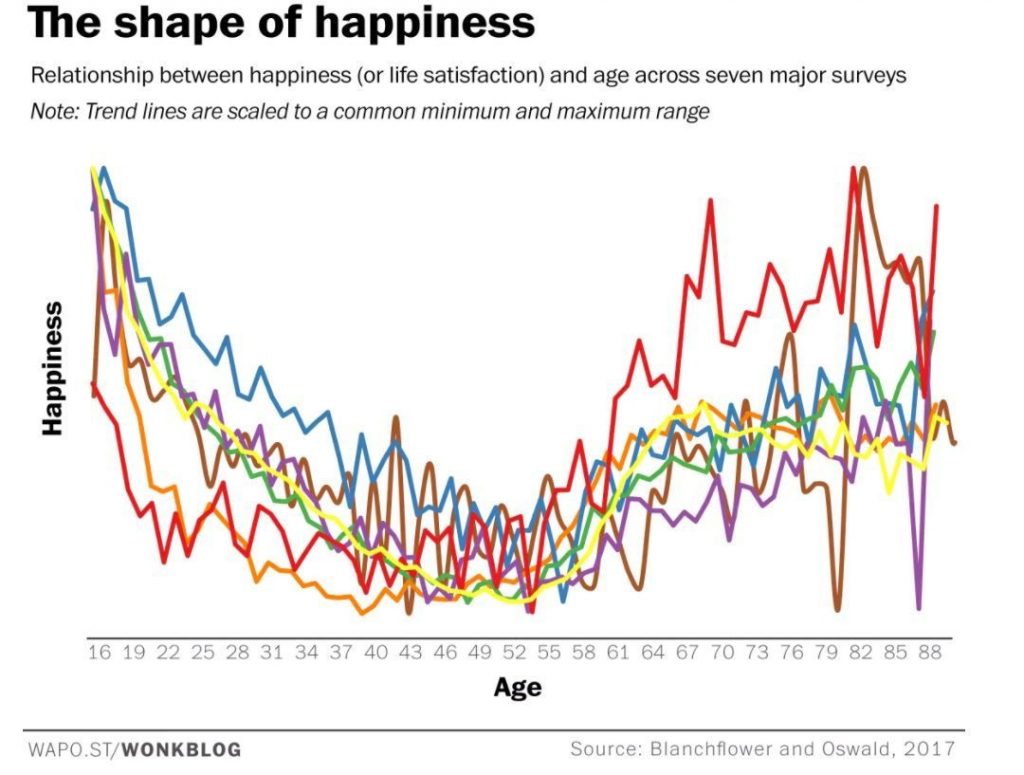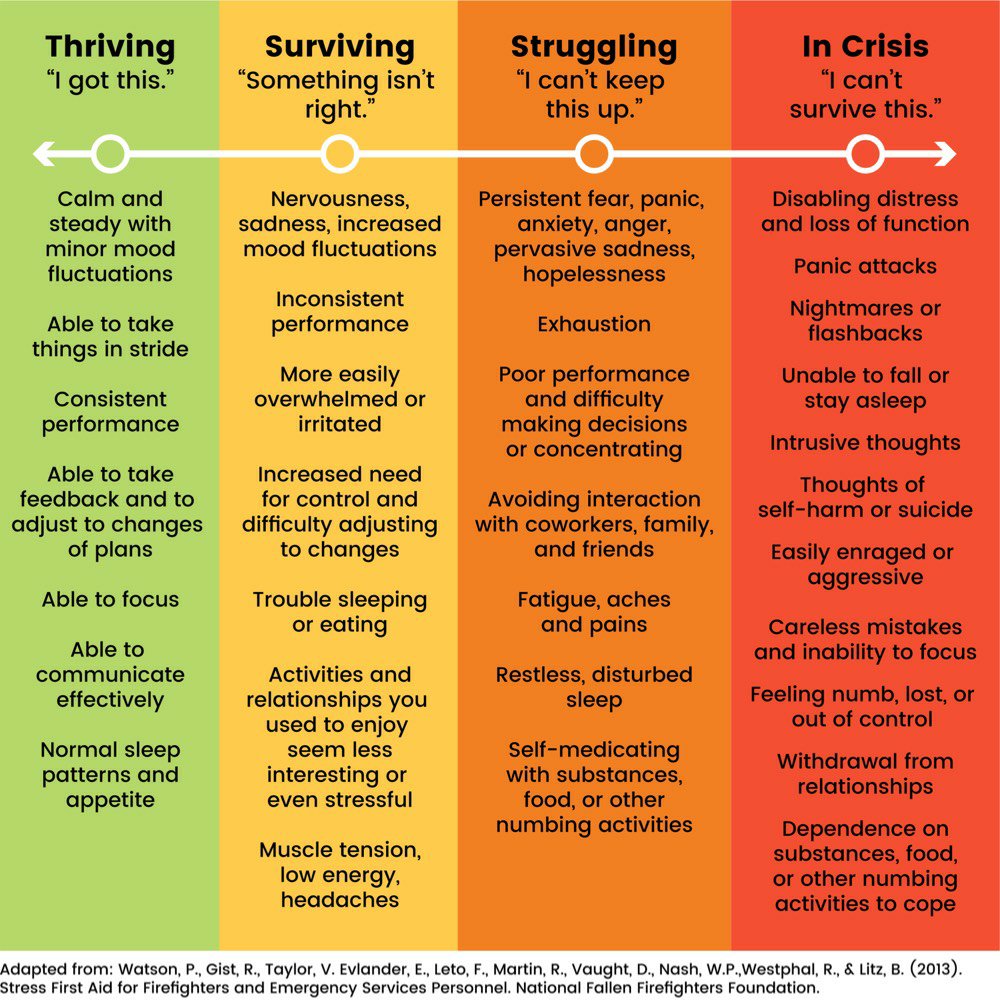All aboard the U-shaped curve
Part of the reason I’ve got a blog is to document my life and to share those details with other people. For example, I’ve had at least three people who have mentioned how writing about dealing with the death of a friend, going through therapy, and dealing with anxiety issues prompted them to seek assistance.

A glance at this blog’s archives shows that this time of year absolutely batters me. I’m not sure if it’s the nights closing in, the change of seasons, the run up to Christmas, or lingering PTSD (Post Teaching Stress Disorder) but October really sucks for me. In addition, we’re about to move house, and I haven’t quite got enough work on at the moment.
One of the things that I learned in therapy was that, behind everything else, I’ve essentially got some self-esteem issues. As my therapist showed me on a whiteboard several times, I get stuck in a loop of not thinking I’m “good enough”. Hence wearing a ‘mask’ of being successful, in a professional and academic sense. And in addition to people thinking I’m good at things, I also have a need for people to think I’m a morally good person.
All of this coalesces into quite a large metaphorical stick with which to hit myself over the head when things aren’t going so well. But finding solace in my academic credentials or professional achievements doesn’t actually solve the problem. It’s a temporary salve rather than a long-term fix. What actually helps is to remind myself that I’m not playing the same game as everyone else: my role isn’t to cosplay a successful middle-aged executive from the Home Counties.
I guess part of the problem is that it feels very much like I’ve lost my tribe. Enough pixels have been wasted with people typing eulogies for the death of Twitter, but that platform made a huge difference to my life. My career and life path has had twists and turns, but the network I built up now seems scattered to the winds. I made IRL friends via Twitter, some of whom I’m still in touch with. The trouble is that it feels like there are conversations that are happening in which I’d be really interested (and to which I could contribute!) but I don’t know where they are.
It’s not just me. I’ve heard others complain about the decline in decent online discussion and debate. I’ve seen people being laid off and freelancers wondering where the work has gone. I know plenty of people with mental health issues.
They say that your early forties are some of the worst years of your life from the point of view of happiness (see that chart at the top of this post!) Things apparently improve from here on out. I’m not depressed, and I can deal with my anxiety levels. I’m just a bit disillusioned. Let’s hope my upcoming MSc helps mix things up a bit.
Image: World Economic Forum

